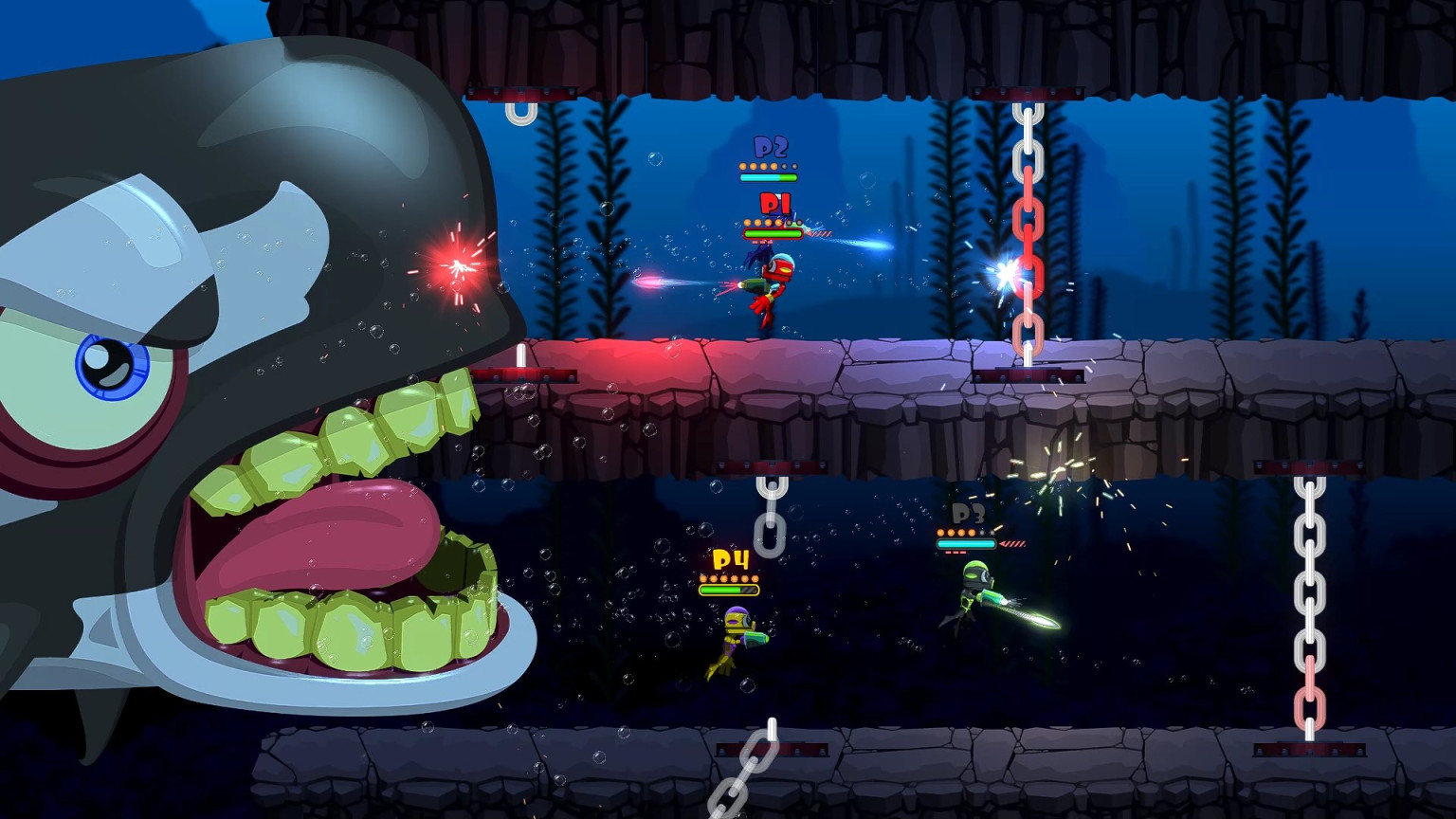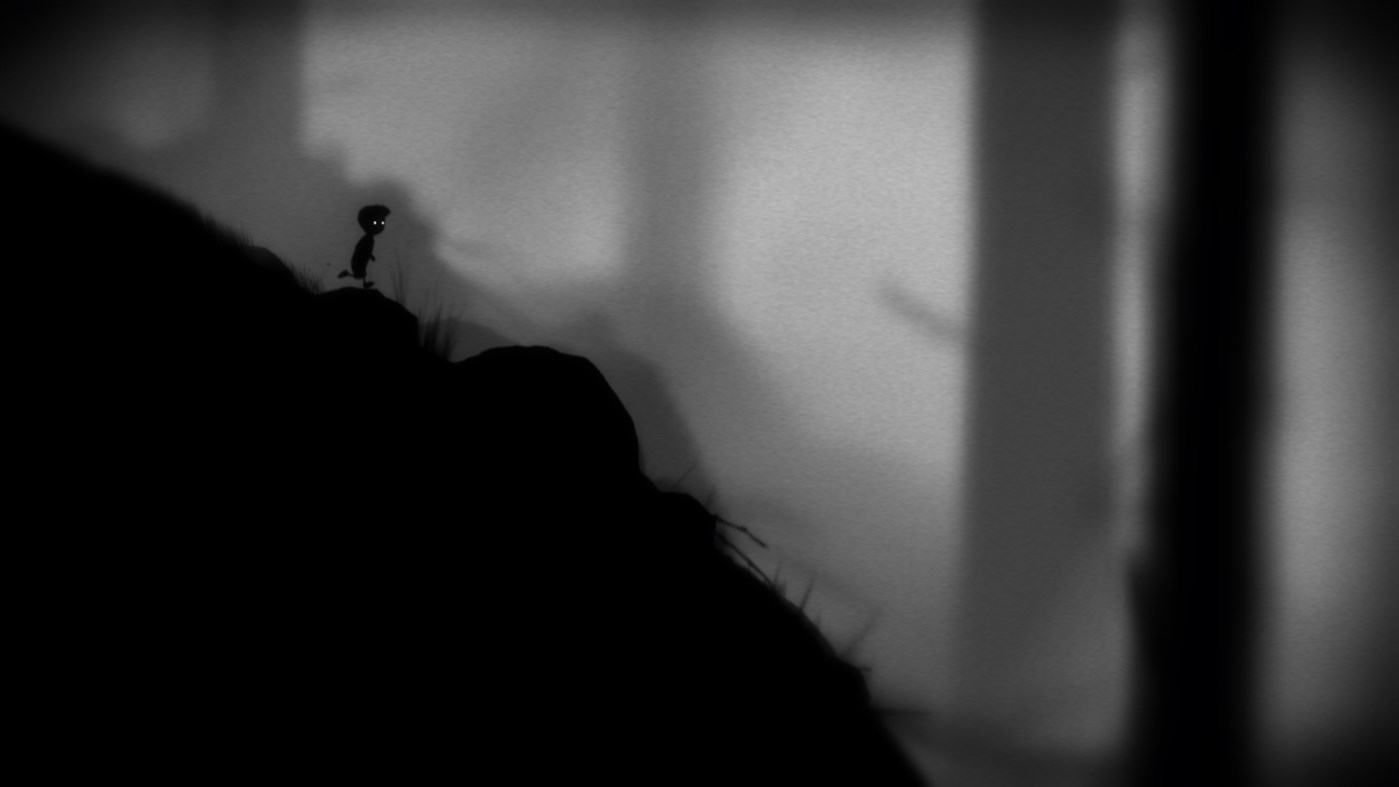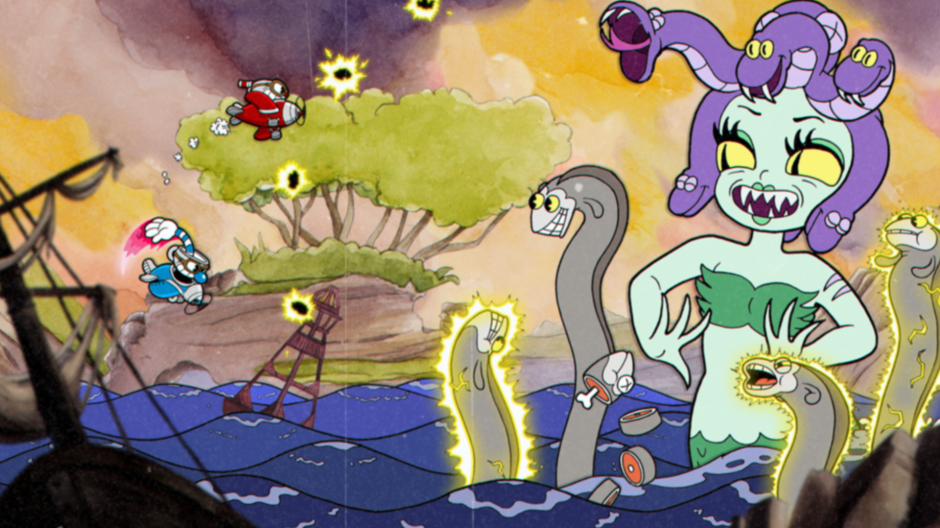
A Quick History of Indie Games on Xbox and a Look Forward with Over 2,000 Games Shipped via ID@Xbox
Summary
- More than 2,000 games from independent developers have released through the ID@Xbox program.
- ID@Xbox has paid out more than $1.5 billion in royalties to independent developers since the program’s inception.
- There are over 2,000 titles in development from independent developers on Xbox.
We’re reaching a fascinating point in the world of indie games. We have amazing new creators coming on to the scene now for whom the start of the indie game movement is actually history, not a lived experience. So as we’re getting ready to make the leap to the next generation of consoles with Xbox Series X, it seems like a good time to take a look back at the birth of the modern indie game – especially Microsoft’s role in helping shape that scene and how the ID@Xbox Program has grown since.
With the launch of Swimsanity from our friends at Decoy Games last week, we’ve seen more than 2,000 games from independent developers launch on Xbox One and PC! Since the start of the ID@Xbox program, we’ve also paid out more than $1.5 billion in royalties to independent developers. It took independent developers only two years to reach this new milestone for the program, almost half the time it took for 1,000 games to be launched via ID@Xbox! From MMOs like Black Desert to fast action multiplayer games like Warframe to cozy slime-ranching games like Slime Rancher to amazing puzzlers like Human Fall Flat, or next-level platformers like Celeste – sometimes it seems like the only thing these games have in common is their diversity, but there’s another hook too. They represent amazing clarity of vision and the fruits of creative freedom that only independent games can deliver.

There have always been indie games – heck, they pre-date non-indie games! The tales of lone creators making games for the Apple, the Commodore 64, the Sinclair and many other 8-bit micros are legendary. These games would be “packaged” in ziplock bags with mimeographed instructions (sometimes!) and sold at the local computer shops. As the shift to a digitalized world continued to come into its own, Xbox Live Arcade (XBLA) made one of the first major steps to bringing these independent games to a major publishing platform in the waning days of the OG Xbox and ultimately taking off on Xbox 360.
The original founders of XBLA really saw it as an arcade – a place to play vintage arcade games and casual games on a core gamer system. A funny thing happened though. Some of those independent developers who were still making games on PC – folks like Jonathan Blow and the team at The Behemoth – saw those downloadable games and started to get some ideas. And pretty soon, with the encouragement and excitement of the folks at Microsoft at the time, new games, original games, games from independent developers started to appear on XBLA. Digital distribution freed console developers from having to make “disc-sized” games and freed them to explore any game type imaginable.
These were games that might never pass muster to get a disc release from a traditional publisher. They were smaller (the original maximum file size for XBLA games was 40MB!), they used genres – like 2D platformers – that hadn’t been in the mainstream for years. And yet… they were magical. Without needing to chase a full disc, or a list of bullet points on the back of a box, these pioneering developers were able to simply chase their creative visions and deliver games, like Castle Crashers, Limbo, and Super Meat Boy that we’re still talking about and that still feel fresh today, 10 and 12 years after they came out.

Flash forward and as we moved into the Xbox One generation, we saw incredible growth in the independent scene, as devs were creating ever more ambitious and innovative projects. And soon the world was seeing them too, with indie games taking center stage at the Xbox Media Briefing – games like Inside and We Happy Few (before Compulsion Games joined Xbox Game Studios) burst onto the scene at E3, and Cuphead, conceived and created by a family with no previous game dev experience, made its debut at E3 back in 2014.
Today, these games have become so woven into the fabric of videogames that it’s impossible to conceive of our world of play without them. Traditional publishers are still here, of course, making unbelievable epic games, but independent creators stand shoulder to shoulder with them. An Xbox show wouldn’t be an Xbox show without getting to see the latest new independent games, and our bespoke indie events like Game Fest have become destination events for players. And every day, millions of players are exposed to some of the most amazing games ever created thanks to independent developers’ robust support and participation with Xbox Game Pass.
So, what’s next? Well, first, and crucially, thousands of the games players enjoy on Xbox One today are coming with them to Xbox Series X, thanks to our day one backward compatibility features. This means we get to take our games with us to the next generation, where they will play best, and developers get to have a huge audience to reach with their games.

And of course, independent developers will be an essential part of the mix on Xbox Series X with over 2,000 games already in the process of being optimized or developed for our next generation console. Hundreds of developers have their Xbox Series X dev kits, and we send more out every day. Given the creativity we’ve seen so far, we’re sure there are things in development that we can’t even imagine. We’ve had a few glimpses, and we hope to show you some hints soon!
A few words from some of our friends:
“For Cuphead, the ID@Xbox program was quite literally a game changer. Whether it was the excitement and passion they showed us when the game was in its earliest stages, the support and guidance they offered as we grew the team, their expertise helping us navigate our first-ever launch, or the continued passion they have for Cuphead today, they’ve been there every step the way on our journey. The team at ID is filled with people that truly love video games, and care deeply about bringing memorable experiences to players everywhere. If you’re just starting out on your own development journey, I’d be hard pressed to think of a better group of people to have in your corner.” – Maja Moldenhauer, Studio MDHR
“Night School has been a part of the ID@Xbox family since our inception, when we launched Oxenfree in 2016. I think the most freeing, supportive part about working with the ID team has been the total support of our creative vision. When we were making a game about possessed teenagers, the feedback was basically just, “keep doing what you do, and let us know how we can help.” When we made Afterparty, a game about dead friends in Hell out-drinking Satan, the feedback was refreshingly the same. The ID team understands what makes a development team tick creatively, and just wants to amplify and help bring that vision to the broadest audience. It doesn’t hurt that they’re all just nice, cool peeps. Happy 2,000!” – Sean Krankel, Night School Studios
“Working with ID@Xbox has been an amazing experience. It is really refreshing to know you have a full team of individuals working together with the sole purpose of supporting indies. There have been several occasions during gaming events where members of the ID@Xbox team would come by and greet us just to check on how the team is doing, and for a start up indie that means everything. We are excited to continue the partnership!” – Khalil Abdullah, Decoy Games
It’s humbling to see so many developers making videogame history on Xbox, and we’re happy at Xbox and ID@Xbox to have been a small part of the evolution of the industry, and so many developers’ journey to success. We can’t wait to see where they take us next.
